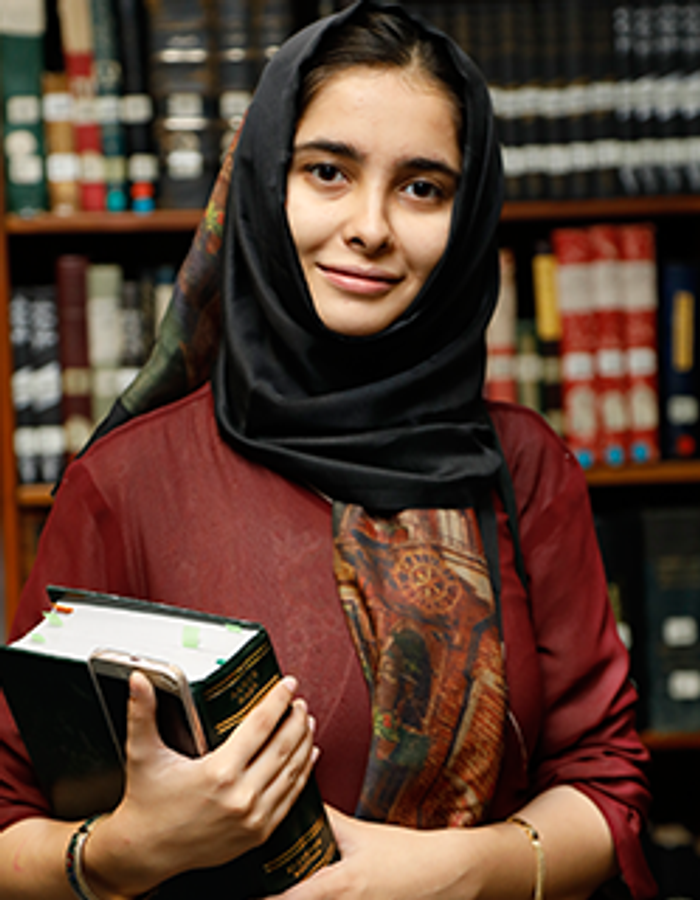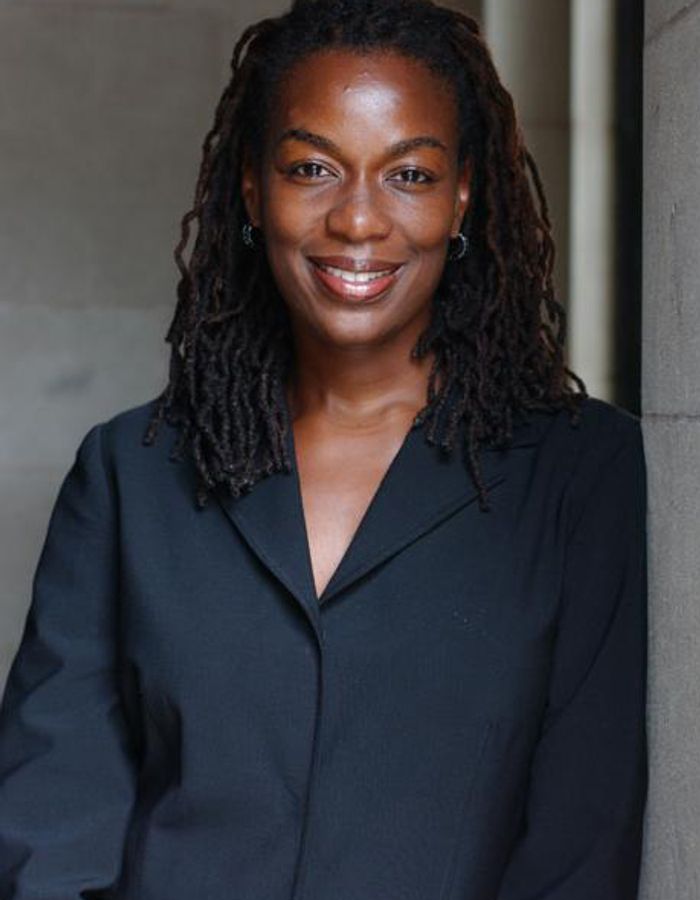The ethical dilemmas of social media for the nonprofit sector
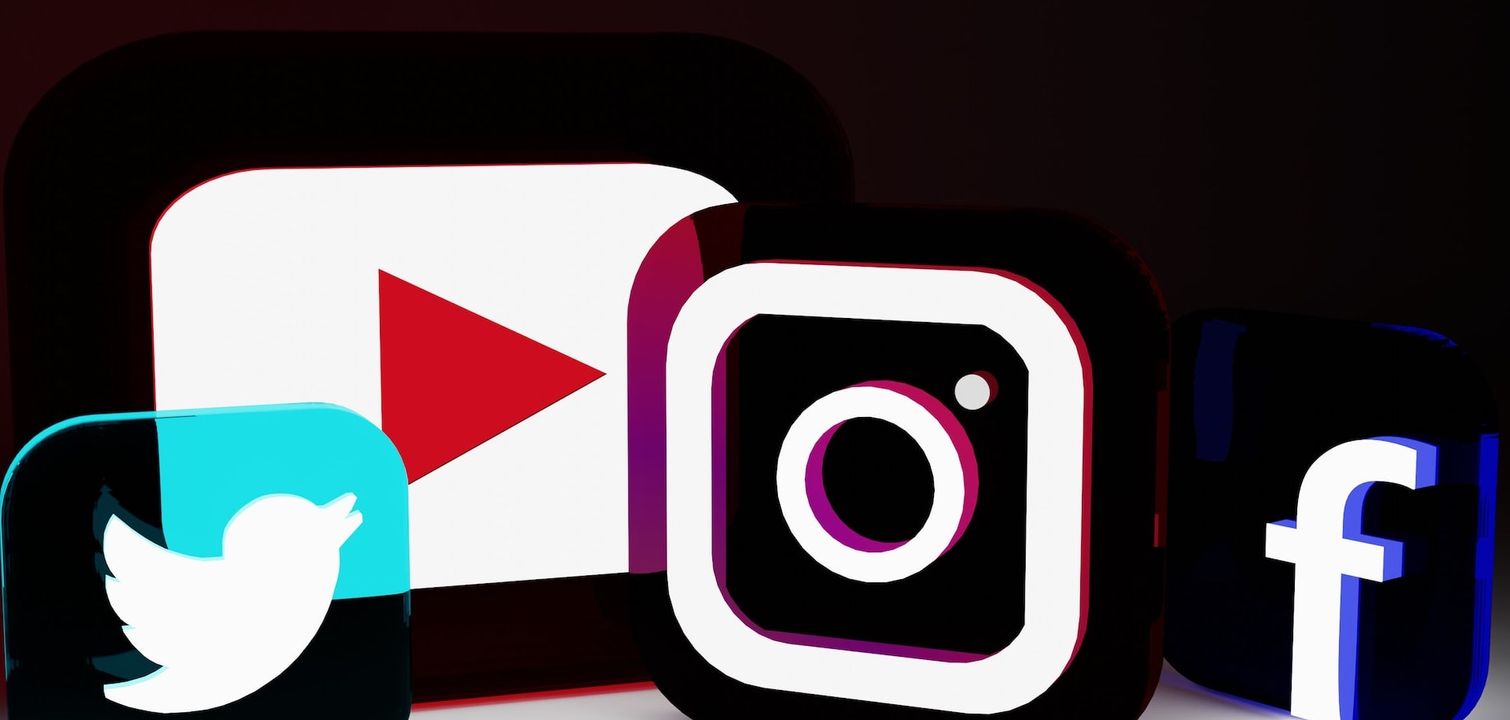
Even if you have very little interest in social media, you will probably have seen the series of headlines generated around the world by Elon Musk’s $44 billion takeover of Twitter. If you do have a keen interest in social media, you have probably read countless articles about the ongoing fallout and regular dramas that keep unfolding from that situation. It raises important questions about the culturally dominant (in influence if not active users) microblogging platform and its future, particularly for nonprofits and their engagement on that platform.
However, the situation also poses wider questions about how nonprofits approach all social media platforms and the ethical considerations that these bring up. Whilst the spotlight is currently on Twitter, other social media platforms are available, and each of them have their own issues to deal with.
At Lightful, we run a programme that builds the digital skills of nonprofits and charities around the world, helping them use social media to tell their stories more effectively. As part of that, we have built our own social media management platform that enables scheduled sending of content to Twitter (as well as Facebook, LinkedIn and Instagram). This is a very real consideration for us, as well as the nonprofits we support.
Why is this particularly hard for the nonprofit sector?
Does participation in any social media platform by a nonprofit organisation legitimise that platform? Does it also implicitly support the approach taken by the owners and leaders of that organisation? If actions taken by a social media platform conflict with the stated goals of an organisation, can it justify remaining on that platform? Even if there is great benefit from staying?
These types of questions are certainly more pertinent to nonprofit organisations than commercial organisations whose business models align more closely with those of social media companies. And the answers will depend on the types of organisations and their stated goals, so it is up to each individual nonprofit to decide how they approach it. There is no one-size-fits-all answer.
Furthermore, if these questions are being asked about social media platforms, shouldn’t any supplier that a nonprofit uses fall under this level of scrutiny? Our recommendation would be to ensure a nonprofit has a defined ethical supplier policy*, which they apply to all services and tools they use to ensure each service aligns with their values. Here is one example from the Chartered Institute of Fundraising in the UK for guidance specifically on choosing a face-to-face fundraising partner. An example of when this thinking wasn’t followed, is the World Wildlife’s Fund foray into NFT fundraising.
*As a BCorp, we’re committed to making ethical choices in our business operations and as part of our environmental policy we “encourage the purchase and use of products and services from businesses demonstrating a commitment to environmental, social and community goals.”
Suggestions on how to make decisions about social media usage
Back to social media, what’s the best way to approach this specific area? Each major network has its own controversies: from Facebook and Cambridge Analytica, Instagram and its harmful effect on teenage girls, LinkedIn’s data breach, and new kid on the block TikTok’s approach to data sharing, and many other examples, none of them have unblemished records.
We would recommend asking these questions to decide how to weigh up the pros and cons of participation:
Ideally, the answers to these questions would be ‘yes’:
- Can you measure the impact on your goals of participating in the platform?
- Can you measure how much participating in the platform is having an impact on your goals?
- Is the time invested in the platform generating enough returns to justify the time invested?
- Is the platform the only way you can reach an audience that is vital for your nonprofit’s goals?
- Do the platform’s policies (e.g. on moderation, trust and safety) align with your organisation's stated goals?
Ultimately, they boil down to one question: do the ends of using this platform justify the means? And again, this is not a question that is unique to social media. For example, many nonprofits raise considerable amounts of money each year through Christmas fundraising campaigns with newspapers that they would consider to be questionable partners at any other time of year. Then again, some don’t take those opportunities for awareness raising in media organisations out of principle.
So we’ll be seeing you on one of the many ‘Twitter alternatives’ soon then?
Well, no. Or at least, not yet. This is a complicated dilemma, and many charities are taking a ‘wait and see’ approach, as we at Lightful are. Social media has been, and continues to be, an incredibly powerful tool for nonprofits. It has generated awareness of vital campaigns, helped raise millions for countless causes, and brought communities together. Here are just some of the many highlights from charity Twitter over the years from Madeleine Sugden.
The last example in that excellent list - NFPTweetup - was an event I was at 14 long years ago. It started as a way of bringing charity sector professionals together to discuss the then-emerging website very few had heard of - Twitter - and grew over years to a community of digital experts and enthusiasts looking to use the power of social media to support nonprofits. After a hiatus of a few years, the most recent virtual session looked to the future of Twitter and social media more broadly. We asked many of the same questions asked in this blog, and whilst there were differing views and plenty of concern, the majority agreed that the benefits still mostly outweighed the costs.
Let’s reclaim social, for now at least
For us at Lightful, we have been running a campaign called Reclaim Social for many years, with a goal of bringing positivity and ‘good’ back to social, reclaiming it from the negativity and polarisation that has come to define many people’s experiences. We are actively considering our approach to this campaign and how best to frame this given it was primarily focussed on Twitter as a channel. Is that still appropriate given reports that there is more hate speech on Twitter since the takeover?
The benefits, for now, outweigh the negativity, and none of the alternatives have yet reached a critical mass. But if they do, Beth Kanter has shared her top tips for navigating the uncertainty over on our LinkedIn (which neatly fits tip number 5 - use an existing social network 🙂).
Sign up for our newsletter
If you want to stay up-to-date with blogs, articles, and events in the nonprofit and philanthropy space, make sure you subscribe to our newsletter.
Latest articles
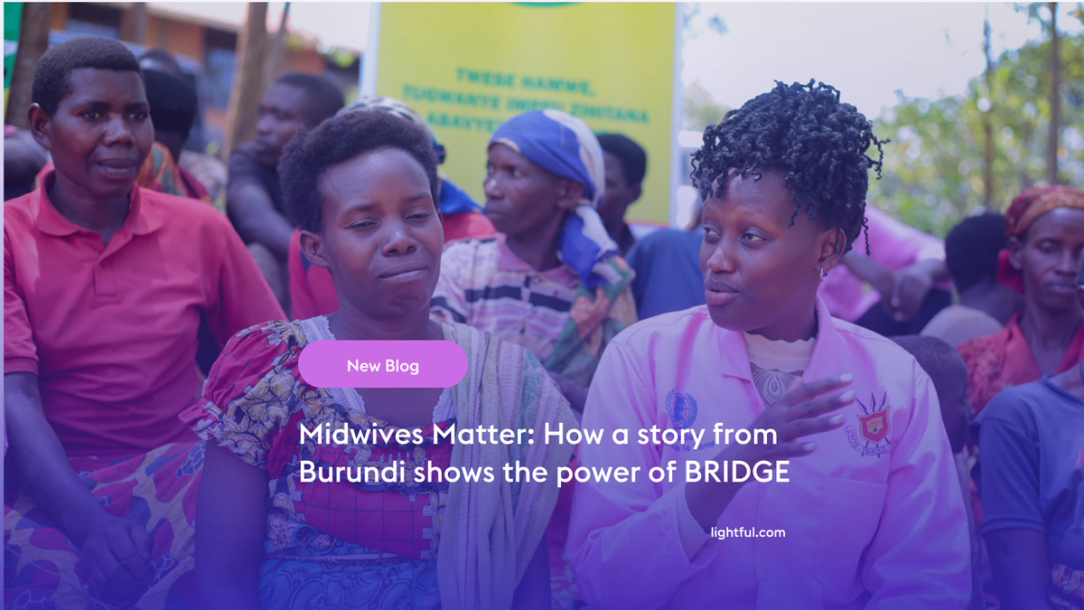
Over the past year, Lightful and the International Confederation of Midwives (ICM) have supported Midwives Associations across Africa, South Asia and the Eastern Mediterranean to build their digital confidence through our BRIDGE programme. These organisations were starting from very different places, but all shared the same goal: to use digital tools to strengthen their voice, raise their visibility and advocate for better outcomes for women and babies.
Related posts
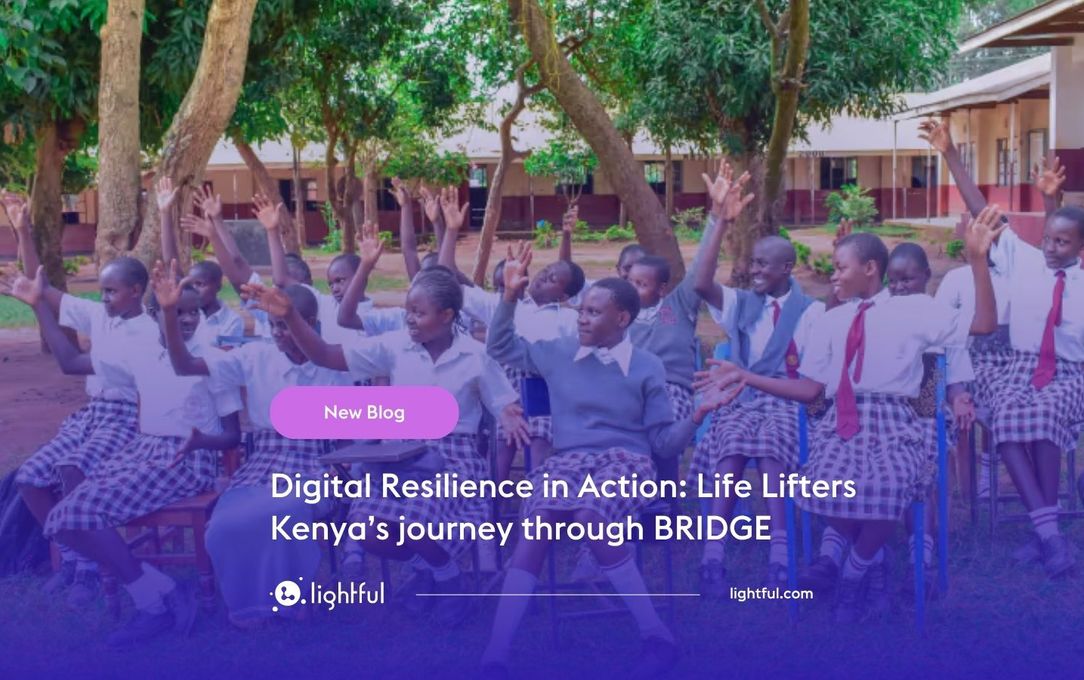
In today’s rapidly evolving digital landscape, the ability to engage online is a necessity. For nonprofits, especially those working in underserved regions or tackling complex social issues, digital tools can be the bridge between intention and impact. Whether it’s reaching new donors, advocating for policy change, or delivering services, digital capacity enables organisations to scale their mission and deepen their impact. Yet many grassroots organisations remain digitally under-resourced. That’s why Lightful created the BRIDGE programme - Building Resilience in Digital Growth and Engagement - to empower nonprofits with the skills, confidence, and strategies to thrive in the digital age and build lasting change.
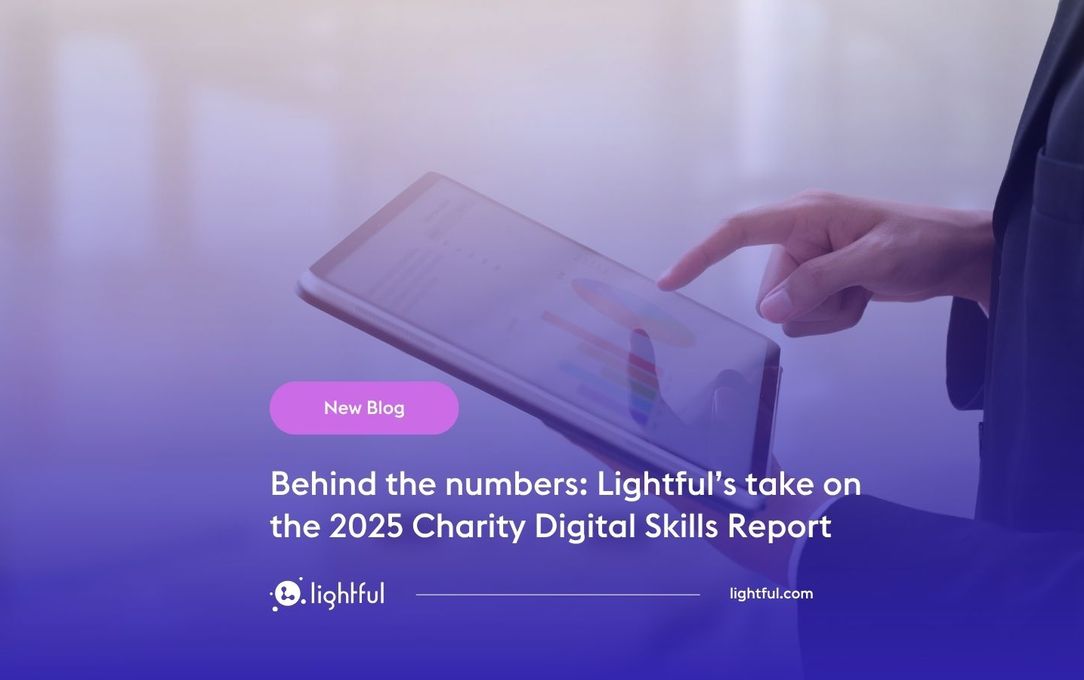
Advancing digital maturity: what Lightful has learned from supporting 3,500 charities globally
See who we help
Contact us
Want to learn more?
Email Jonathan and start a conversation






